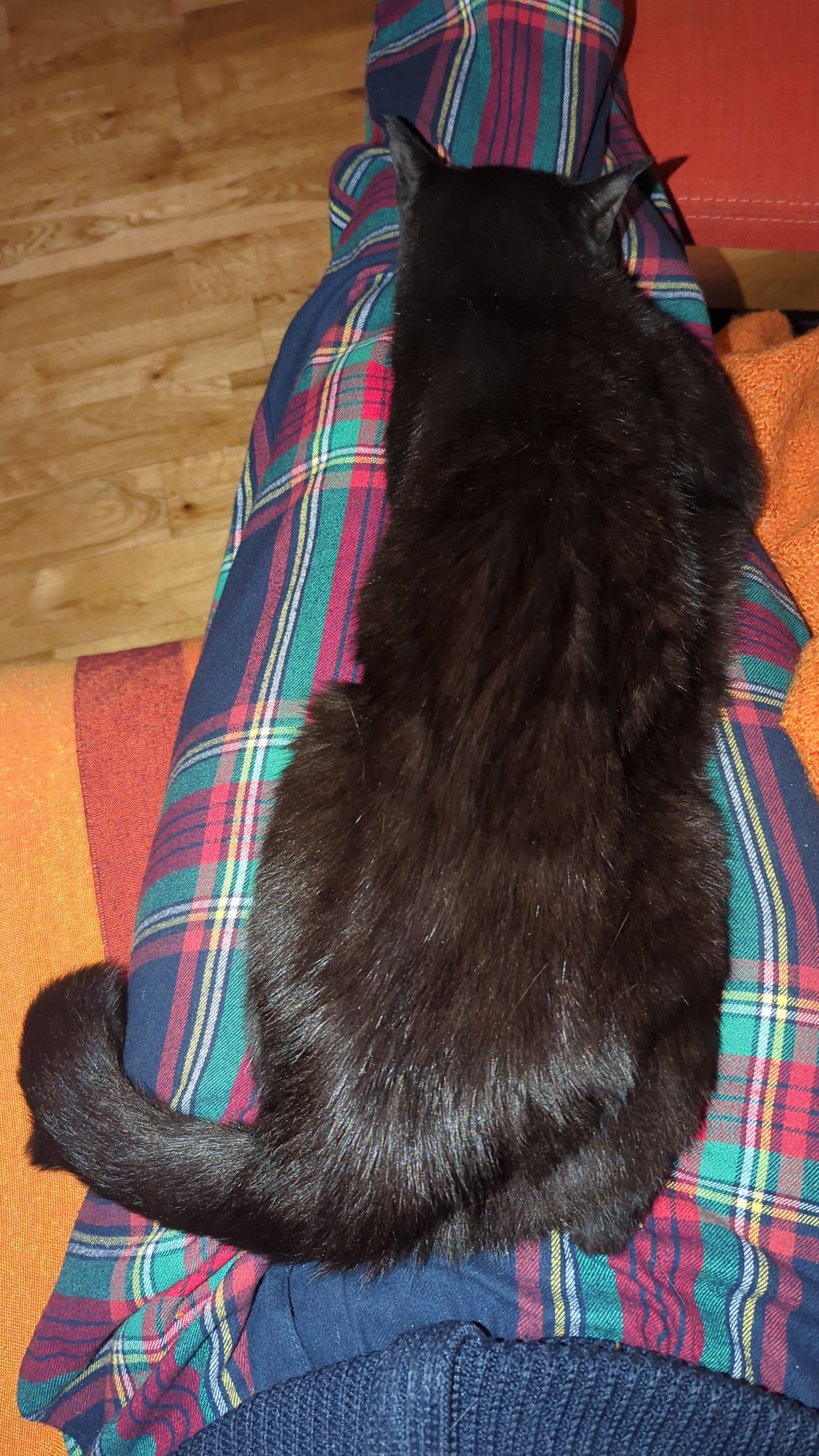
My cat’s not very useful, but he’s heckin’ cute.
Winner!

Oops. Tied for first!
The tap, it generates water out of the void
What you’re tapping is another universe. They’re wondering where their water is disappearing to.
Real magic
Me. I’m competent as fuck.
The bidet.
This guys bidet.
I, too, choose this guy’s bidet.
These guys bidet
Me
Me too!
Probably the walls. Without them, the ceiling would collapse and everything in the room would be useless.
My glasses, my eyes are completely fucked so I really can’t do anything without them.
Nah there are studies that show that if you go blind suddenly you will start to learn decent echolocation within a few hours, meaning in a room they’ve never been in they can use a clicker and not walk into things. You can already do it you just haven’t ever done it consciously. It’s your phone.
Honey, daredevil comics aren’t studies.
One time I was on mushrooms and used echolocation to clear my garage of axe murderers
No for real. You can do a 2-second Google search and find a bunch of studies showing that humans can learn to do it very well within a 10-week course of 2 hours a day. But I know there is a video floating around of some students who managed to prove that even within just a few hours of training test subjects did remarkably better navigating a room using clicks whilst blindfolded then they did before the training and with no clickers. The research speaks for itself. You already have the skill in your brain and you’re using it all the time when you move around in the world, you just don’t consciously realize it. It’s why you have two years instead of like one big ear right in the middle. Your brain can discern the difference in sound from one ear to the other and use it to triangulate the source of the sound and sources of reverberation and echoes. I’ll see if I can dig up the video.
I can’t seem to find the video. It was some research college and the experiment was to see how quickly humans could adapt to echolocation after being blinded. So you took regular people and put them in a room about the size of gymnasium with a bunch of lines and marks on the floor, They had a bunch of generic shaped furniture like from Ikea that they would move around the room using the different marks for the different tests, and one of the tests was to just take a group of people and leave them in this dark room for like three hours, walking around bumping into everything, then they move all the furniture and bring the subjects back in, and the collisions with furniture drops way off. The camera angles from the study are shot from above and shows I believe groups of two trying to navigate. It may well have been the study that showed it took 10 weeks and my memory is just not correct, but I have a very specific takeaway that was just a few hours the results are not only measurable by stark.
Very definitely documented cases of blind people who are apparently masters of echo location, most use a hand clicker, their mouth to click, or taps with a cane.
My phone. A Pixel 6a with GrapheneOS.
I actually use my tablet with a logitech keyboard and trackball more but the phone can do things the tablet can’t.
I have the same phone stock os. How’s graphene?
Fantastic.
There are things that some people need which don’t work. Google Pay and some banking apps don’t work but I never used those anyway.
Gonna go with the floor. It really ties the whole room together.
Standing on the bus stop, so, uh the road? But that wouldn’t be useful without the buildings and all the activities in them that bring people here. Or since the room could be considered the general “outdoors”, oxygen, or stuff like that.
Also now I’m in the bus, so the driver.
Definitely not me.
Depends on purpose. We’re complex creatures. Sometimes we need food. Sometimes we need to stay warm. sometimes we need to battle the dark thoughts in our head.
The chances of the most useful thing in the room being my phone is pretty high no matter what room I am in, since my phone is usually in my pocket and also modern phones are one of the most useful tools in existence.
Toothbrush









